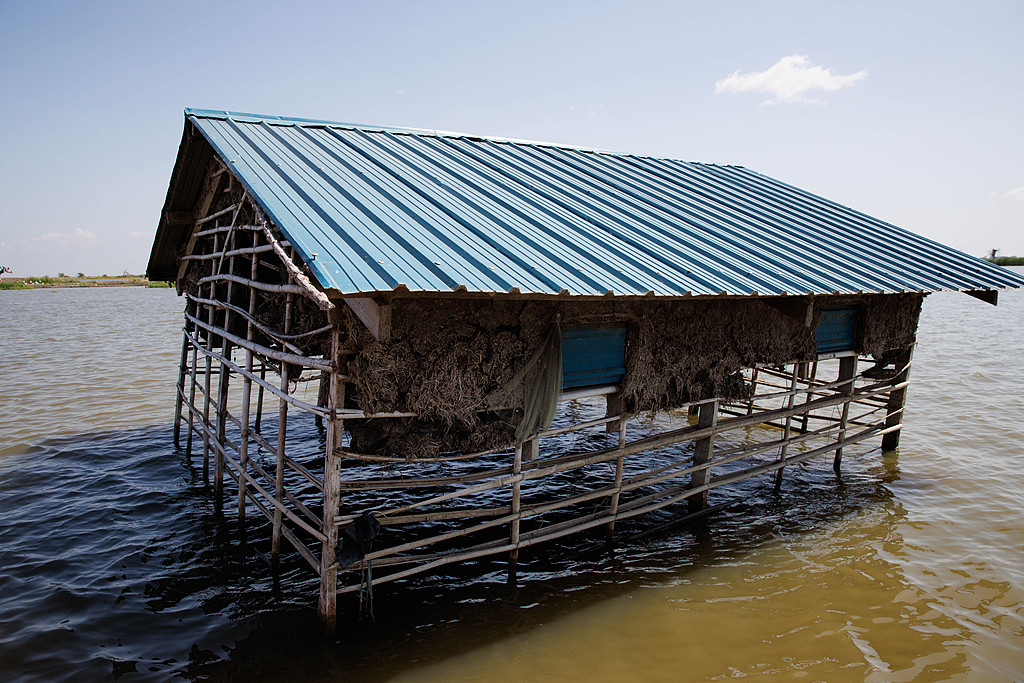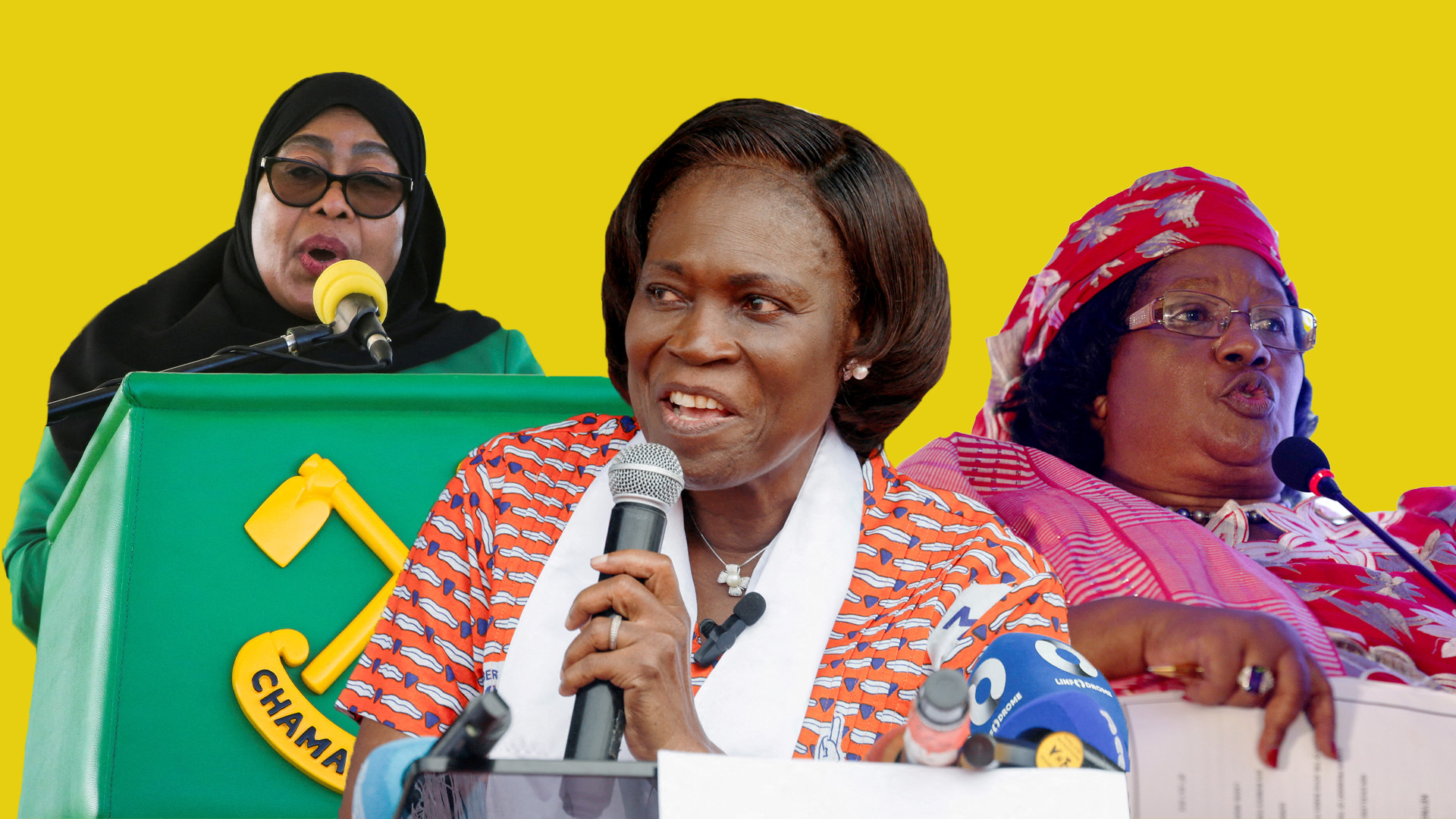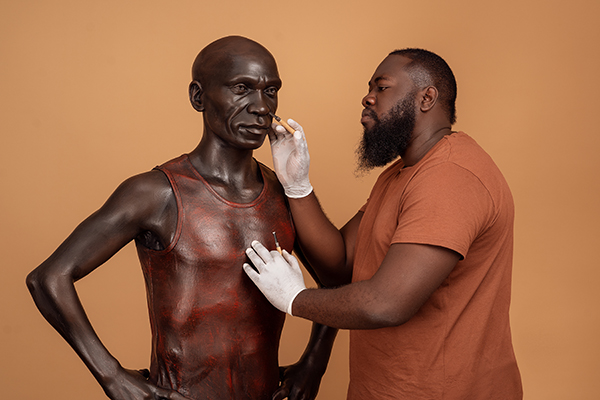DR Congo conflict forces displaced persons to eat snails for survival

Some villagers in the conflict-plagued Democratic Republic of Congo have resorted to eating snails in order to survive, the International Committee of the Red Cross (ICRC) says.
DR Congo citizens in the remote village of Mukambe in the southeastern province of Tanganyika have been hit hard by a lack of food, prompting them to forage for the molluscs in the bushes in order to make themselves meals.
Ethnic fighting in the region has forced more than 650,000 people to flee their homes.
Residents of Mukambe say they have fed on snails for months now, as food supply dwindled. They say the search for the snails may take hours in order to find enough for an entire family.
Further West, in the Kasai province, the United Nations childrens agency (UNICEF) warns that about 400,000 children suffer from severe malnutrition.
The continued violence in the country has made it difficult to engage in farming activities, cutting down food supply by immense portions.
The DR Congo has been dogged by conflict for years, but this escalated more in December 2016 following President Joseph Kabila’s failure to step down at the end of his term.
The country failed to conduct its presidential election, with the electoral authority citing logistical challenges.
Earlier this month, the UN condemned an “unlawful and unjustified” crackdown by Congolese security forces on anti-government protests that killed at least 47 people in the year to January 2018.
About 2.2 million people became internally displaced in the DRC last year alone, nearly doubling the total number of internally displaced people to 4.5 million.
Lowcock asked for “immediate and substantial financial contributions” ahead of the first high-level humanitarian conference on the DRC to be held in Geneva on April 13.
The Under-Secretary-General for Humanitarian Affairs and Emergency Relief Coordinator, Mark Lowcock, asked for “immediate and substantial financial contributions” ahead of the first high-level humanitarian conference on the DRC to be held in Geneva on April 13.
Following pressure from the international community, the vote to replace Kabila is set to be held in December.
Prime Minister Bruno Tshibala earlier this month confirmed that Kabila would not be running for another mandate, dismissing rumours of a possible referendum to scrap the two five-year term limits.






